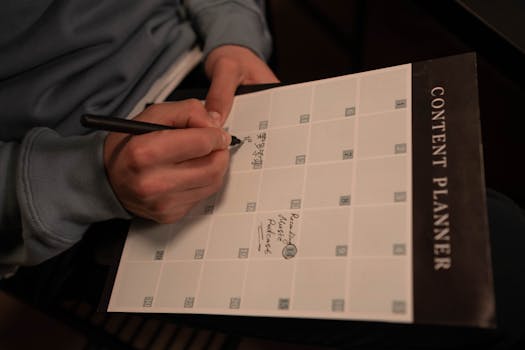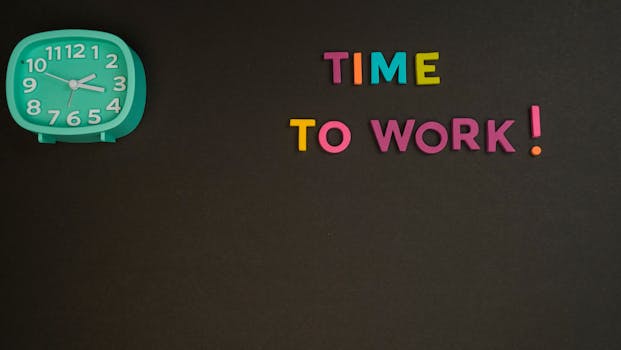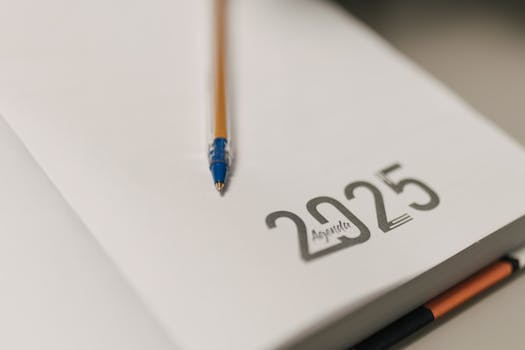
Time Management Strategies for Personal Efficiency
Introduction to Time Management

Time management is the process of planning and controlling the amount of time spent on different activities to maximize efficiency and productivity. Effective time management is essential for achieving personal and professional goals, reducing stress, and improving overall well-being. In this article, we will explore time management strategies for personal efficiency, including goal setting, prioritization, and avoiding procrastination.
Goal Setting for Time Management

Setting clear and achievable goals is the first step in effective time management. Goals help to focus efforts, prioritize tasks, and allocate time and resources efficiently. To set effective goals, follow the SMART criteria: Specific, Measurable, Achievable, Relevant, and Time-bound. Write down your goals and break them down into smaller, manageable tasks to help you stay on track.
Prioritization Techniques for Time Management

Prioritization is critical in time management, as it helps to allocate time and resources to the most important tasks. Use the Eisenhower Matrix to categorize tasks into four quadrants: urgent and important, important but not urgent, urgent but not important, and not urgent or important. Focus on the most critical tasks first, and then allocate time to less important tasks.
Avoiding Procrastination for Time Management

Procrastination is a significant obstacle to effective time management. It can lead to missed deadlines, lost opportunities, and reduced productivity. To avoid procrastination, use techniques such as the Pomodoro Technique, which involves working in focused 25-minute increments, followed by a five-minute break. Additionally, break down large tasks into smaller, manageable chunks, and eliminate distractions by creating a conducive work environment.
Time Management Tools and Apps

There are numerous time management tools and apps available to help you stay organized and focused. Some popular options include Trello, Asana, and RescueTime. These tools help to track time, prioritize tasks, and set reminders and notifications. Experiment with different tools and apps to find the ones that work best for you.
Conclusion

In conclusion, effective time management is essential for achieving personal and professional goals, reducing stress, and improving overall well-being. By setting clear and achievable goals, prioritizing tasks, avoiding procrastination, and using time management tools and apps, you can boost your personal efficiency and productivity. Remember to stay flexible, adapt to changes, and continuously evaluate and improve your time management strategies to achieve optimal results.






